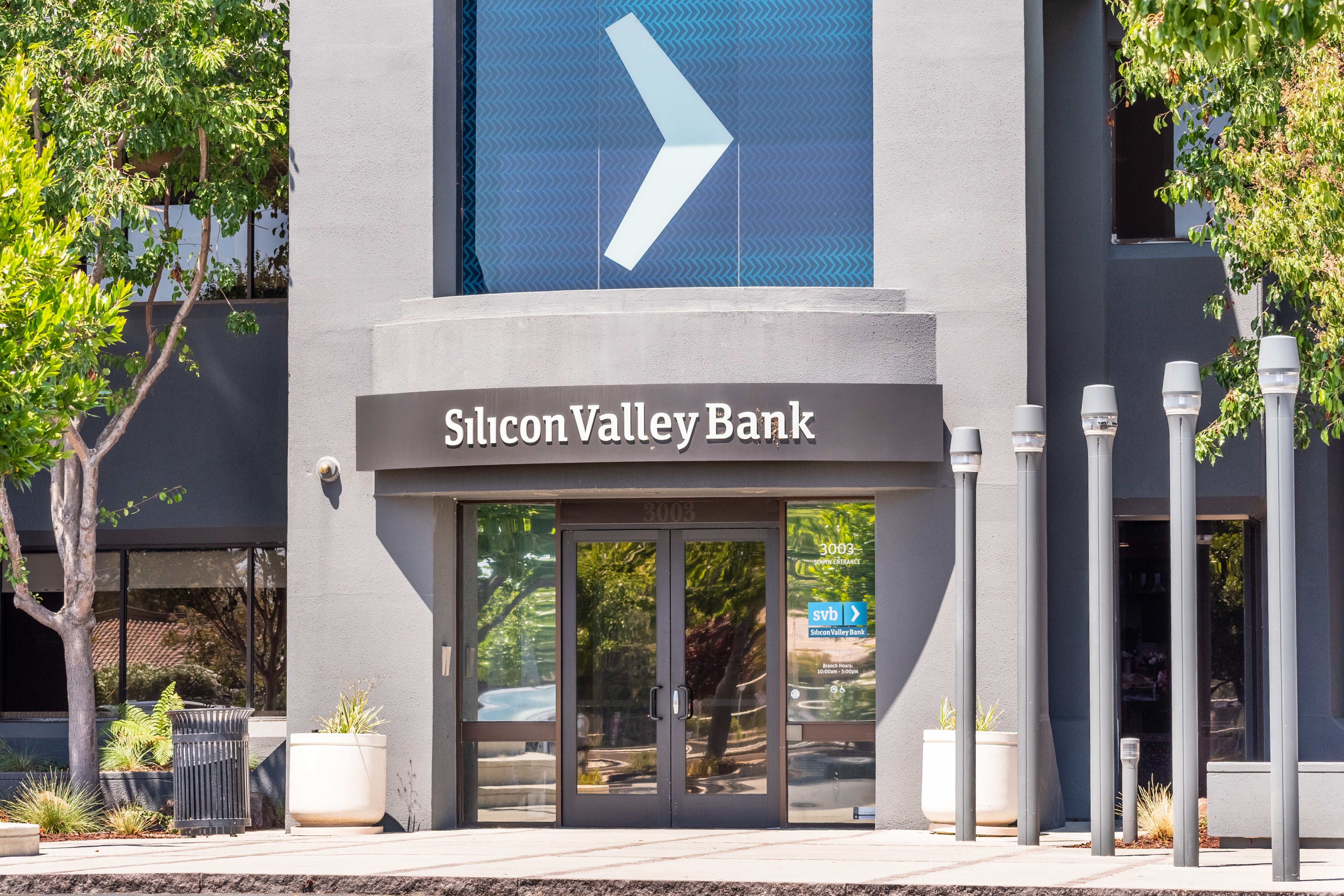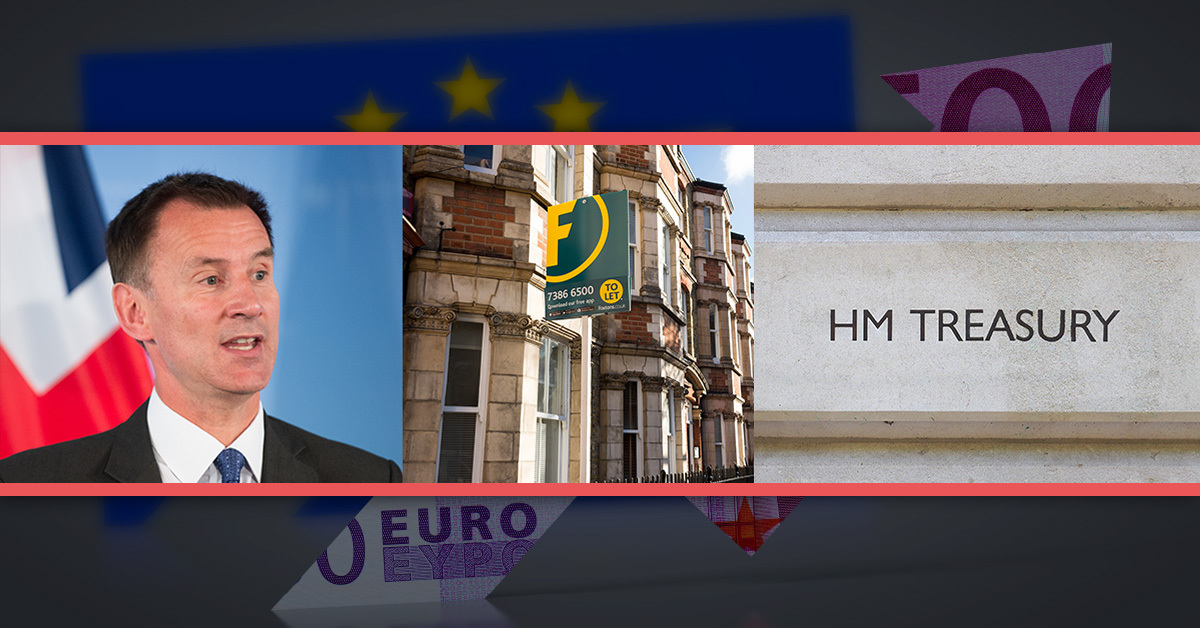Silicon Valley Bank collapse: exploring global banking pressure
In what has proven one of the most widely documented stories within the global investment space in 2023 so far, three US banks collapsed in mid-March following mounting pressure: Silicon Valley Bank (SVB) – which was the 16th largest bank in the US – Signature Bank and Silvergate Bank.
Following this, markets and banks around the globe were swayed, with Credit Suisse shares falling almost 30%, and the global investment bank ultimately being taken over by UBS (Union Bank of Switzerland).
What happened to Silicon Valley Bank?
Over the course of nearly 40 years, Silicon Valley Bank established itself as the leading lender and banking partner for many successful venture startups around the world. SVB became the 16th largest bank in the US, with $212bn in assets and over $175bn in total deposits by the end of 2022.
SVB entered the UK market in 2012, and the SVB UK branch served as a banking institution for more than 3,000 clients.
On Friday March 10th 2023, SVB was taken over by US regulators after $42bn in client withdrawal requests the previous day left the bank insolvent.
This is the largest failure of a US bank since Washington Mutual in 2008.
What caused the bank’s issues?
The seeds of SVB’s demise were sown when it invested heavily in long-dated US government bonds and mortgage-backed securities.
Given the inverse relationship between interest rates and bond prices, the Federal Reserve’s decision to increase rates rapidly from recent near-zero levels resulted in many outstanding fixed-income instruments, such as USTs (United States Treasuries), to lose significant value.
The recent rate increases also put pressure on earnings and growth projections for many public and private enterprises, leading to valuation declines and a difficult exit environment for some private startups.
As avenues for liquidity began to dwindle and the cost of fundraising increased, many of SVB’s depositors began to withdraw funds to meet cash flow needs.
This combination of factors heavily impacted SVB’s balance sheet.
How big were the losses?
Before being taken over by the US Government, in an attempt to reposition its balance SVB sold a $21bn bond portfolio with an average yield of 1.79% – significantly below the current 10-year Treasury yield of approximately 3.7%.
This resulted in a realised loss of $1.8bn (after-tax) and prompted many SVB depositors to withdraw their funds.
It took just 48 hours between the time SVB disclosed that it had sold these assets and its collapse.
What happens to SVB now?
Regulators closed the bank and placed it under the control of the Federal Deposit Insurance Corporation (FDIC).
While no buyer has been announced yet for the US operations, the Federal Reserve, FDIC, and Treasury Department assured depositors that 100% of their capital is safe and available.
As the FDIC's latest auction for Silicon Valley Bank failed, regulators may move ahead with a plan to break up the bank and sell its remnants separately to new owners.
Regulators have also taken over Signature Bank (a New York-based commercial bank which had many clients heavily invested in crypto), over indications that this institution was most vulnerable to a similar bank run.
The assets of Signature Bank will be acquired by a unit of New York Community Bancorp. The subsidiary, Flagstar Bank, is assuming customer deposits and some loan portfolios.
How has this banking pressure impacted the UK?
Early on Monday 13th March, the Bank of England announced the sale of SVB UK to HSBC for £1.
The transaction was facilitated by the Bank of England in consultation with HM Treasury, and it has been announced that the deal with HSBC involved no taxpayer money and customer deposits have been protected.
Additionally, the UK Treasury said that it was planning to help technology firms exposed to SVB with short-term operational cash flow needs.
Exploring wider global impacts of SVB’s collapse: Latin America
Since SVB’s collapse, more than 400 startups in Latin America seeking a new base for their international banking needs have fled to a single Brazilian fintech startup: Trace Finance.
Trace is already processing an estimated $1.5bn in new customer accounts added in recent days.
Some early-stage founders are remaining loyal to SVB
SVB's successor institution, now under federal control, announced late on Monday March 13th that its operations are back online.
New CEO Tim Mayopoulos began encouraging depositors to return, saying the bank had resumed "business as usual”.
Following this, some early-stage founders haven't yet written off SVB.
SVB's customer support was designed for and catered to the startup market, qualities that many entrepreneurs are finding they can't access elsewhere.
How have markets reacted to the banking turbulence?
US markets opened lower on Monday 13th March, as bank stocks tumbled in early trading, and stock markets in Frankfurt, Paris and Milan suffered sharp losses.
The FTSE 100 index was down 2.3%, with shares falling even after HSBC agreed to buy SVB's UK arm.
Credit Suisse to be bought by UBS
Credit Suisse suffered significantly from the recent global banking pressure, with shares falling 30% at one point after its largest shareholder, Saudi National Bank, stated it could not add to its existing stake in the bank.
Following the downward spiral in its share price, Credit Suisse turned to the Swiss National Bank (SNB) for support in an attempt to calm shareholder fears.
In a statement overnight on March 15th, Credit Suisse announced that it would receive up to 50bn Swiss francs (£44bn) from the Swiss National Bank in what it called “decisive action” to strengthen its liquidity.
After this attempted rescue failed to fully restore market confidence, Switzerland's UBS agreed to buy Credit Suisse for 3 billion Swiss francs (approximately $3.25 billion) in stock, in a deal arranged on Sunday March 19th.
The Swiss government and central bank backed the transaction by providing liquidity, in addition to protecting UBS from potential losses. The combined entity will oversee $5 trillion in invested assets.
What might these global banking events mean for investors?
Whilst the overall impacts of the bank failures and acquisitions detailed above are not yet fully known, their pressure on the global banking and investment space - at least in the short term - has been undeniable.
Where many investors are choosing to take recent events as a lesson to reiterate the importance of holding a diverse asset allocation, others are suggesting that these events may have paved the way for a less centralised SME lending space, and that following SVBs collapse, more private startups will begin to look to raise capital from non-bank lenders.
%20(3)%20(2).jpg)








